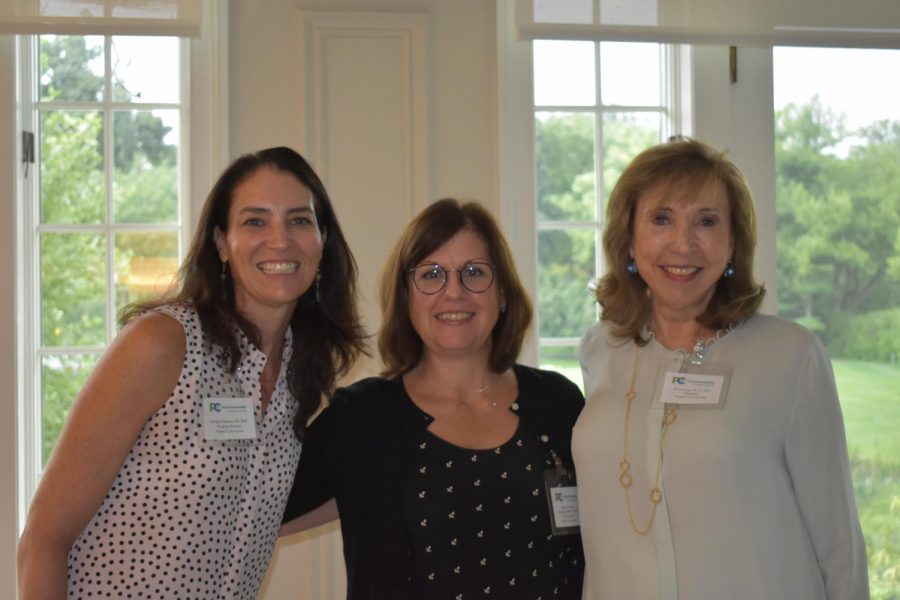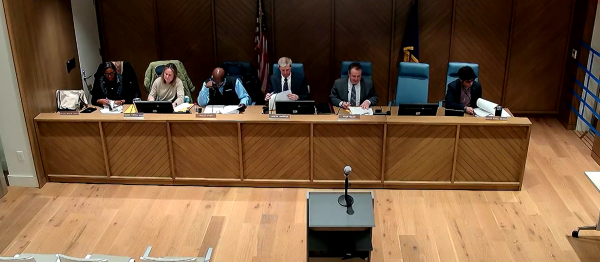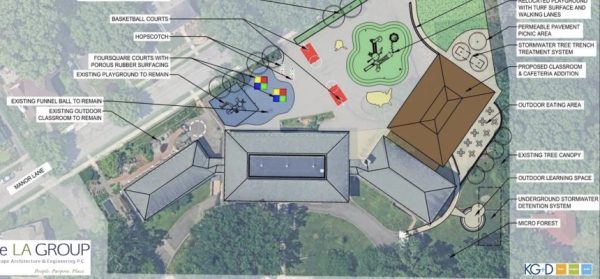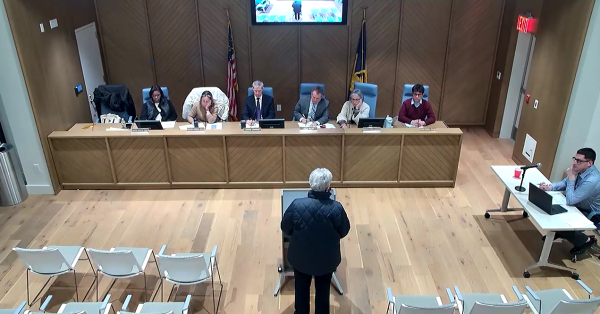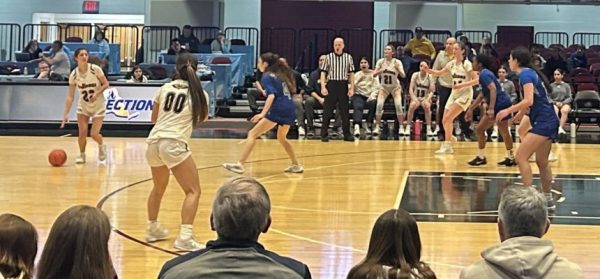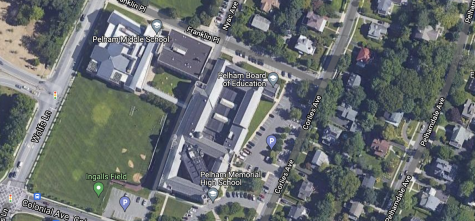Project Community to focus on binge drinking, sexual assault, anxiety among teens this fall
With the new school year approaching, Project Community outlined the programs it offers teens in the areas of self awareness, anxiety, binge drinking and sexual assault during a lunch Aug. 9 at the Pelham Country Club attended by Assemblywoman Amy Paulin.
Project Community is a Pelham-based program run by health care professionals, educators, parents and community members to teach teens how to deal with and provide help in difficult situations. Dr. Anne D. Frost, the founder, and Bridget Messina and Elaine Pottenger reviewed Project Community’s program at the lunch. They all interact with teens directly to help with the issues and changes that come with growing up.
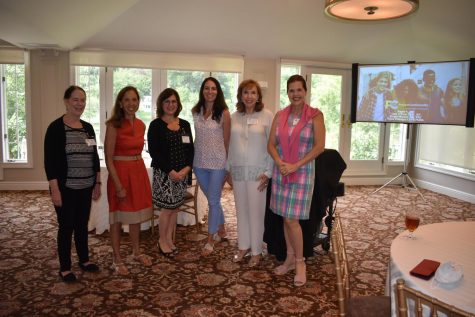 Self awareness involves teaching kids to think of their brain as a computer or software, and emphasizes that teens have the power to notice all the different networks and thought patterns going on in their head and change them for the better, as well as create new, healthier thoughts, Frost said.
Self awareness involves teaching kids to think of their brain as a computer or software, and emphasizes that teens have the power to notice all the different networks and thought patterns going on in their head and change them for the better, as well as create new, healthier thoughts, Frost said.
The program also informs kids of the importance of being aware of how they think about social media, societal and academic expectations, race, sexuality, self perception, physical appearance, social status, online persona and social anxiety, which are all contributors to social and emotional health, said Frost. Being aware of how all these things can alter teens’ perceptions is both the hardest part and most beneficial step in improving mental and emotional health, according to Project Community’s materials.
In dealing with anxiety, Project Community uses a simple mantra—“wait, contemplate, create and evaluate”—to help kids cope, said Frost.
“Wait” means to simply take a moment and pause when one is starting to feel intense stress; “contemplate” means noticing and acknowledging the anxious thoughts are having, while “create” means starting a new, more positive thought pattern.
Project Community also uses the acronym, F.E.A.R., which stands for “false evidence (can) appear real,” as a way to help kids to understand the twisted and unhealthy way in which anxious thought patterns work, acknowledging that they can’t hurt you, said Frost. She said anxiety is often linked to depression and substance abuse, which is why it is so important to learn these coping mechanisms.
“Anxiety is like a spiral, and it can happen to everyone,” Frost said.
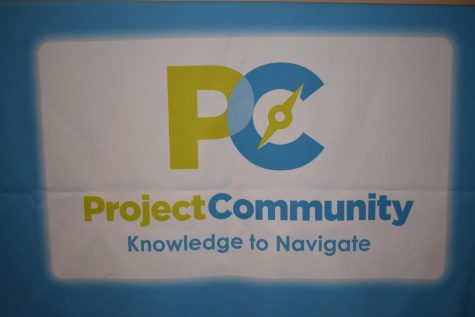 When it comes to alcohol, Frost outlined how teaching kids about the fatal difference between being asleep and being unconscious can “help save a life.” The program on drinking also informs teens about the Good Samaritan Law, clearing up common misconceptions about what teenagers face in sticky situations that involve alcohol, according to Messina.
When it comes to alcohol, Frost outlined how teaching kids about the fatal difference between being asleep and being unconscious can “help save a life.” The program on drinking also informs teens about the Good Samaritan Law, clearing up common misconceptions about what teenagers face in sticky situations that involve alcohol, according to Messina.
The Good Samaritan Law’s purpose is to encourage bystanders to get involved in emergency situations, including those involving alcohol, without fear that they will be held legally accountable if their actions contribute to a person’s injury or possible death, according to Project Community’s materials and presentation.
The Project Community staffers’ presentation on sexual assault focused on the importance of consent.
“Consent should be active not passive,” said Frost, meaning that anything other than a clear “yes” means “no,” and that consent can be withdrawn at any time.
Bystanders and people not directly involved play a greater role than they might think in preventing sexual assault, said Frost.
“If you go with your friends, you should make sure you leave with all your friends,” and “if you see something that doesn’t look or feel right, say something,” she said. Frost tied everything together by explaining how closely drinking and sexual assault are related, noting 50% of sexual assaults happen in the presence of alcohol.
Kate is a senior at Pelham Memorial High School. She loves to play soccer and is involved in the Pelham Girls Varsity Soccer Team as well as the Women's...



